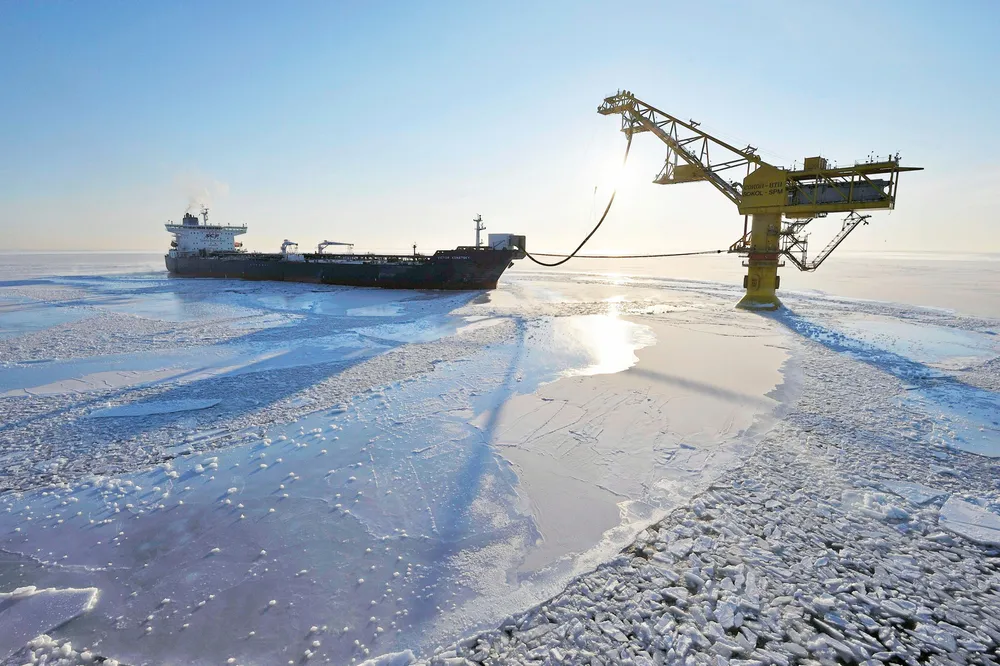ExxonMobil counts cost of Sakhalin exit
US supermajor takes after-tax charge of $3.4 billion after exiting Russian project it has been involved with since 1996

US supermajor takes after-tax charge of $3.4 billion after exiting Russian project it has been involved with since 1996
